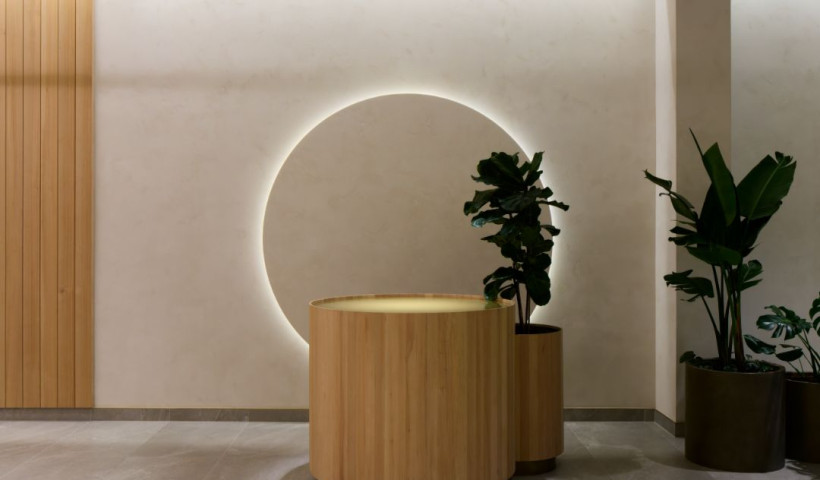
Ceramic tile is not only beautiful, but it’s also sustainable and a healthier choice for internal living spaces. Due to the base nature of the product (clay), ceramic tiles contain none of the chemicals associated with other flooring products and health issues. It’s also long-lasting, easy to clean, fire-safe, and slip-resistant. Perhaps, most importantly — from a sustainability point of view, it is free of ‘VOCs’ — Volatile Organic Compounds.
10 Key facts for sustainable flooring
1. Free of VOC toxins: The production of ceramic tile does not include the use of toxic chemicals in the manufacturing process. VOCs or ‘Volatile Organic Chemicals’ are harmful to the air quality of the immediate environment and can cause respiratory problems over time, so should be avoided wherever possible. This is particularly important when considering children living in the home or those with bronchial ailments, such as asthma.
2. Formaldehyde-free: Formaldehyde is a chemical long associated with respiratory disorders, and exposure is a particular concern for children and the elderly. As a fired product, ceramic tile is formaldehyde-free.
3. Slip-resistance — even when wet: Of the many flooring choices available, ceramic tile stands out when slip/fall safety is a consideration because of the thousands of floor tile choices that are slip-resistant when wet.
4. 60-year service life: Tile is not only cost-effective but is sustainability-speaking, an ideal choice for reducing negative environmental impacts, resource use, and demolition waste, when compared to many flooring products which need to be replaced more frequently.
5. Biodegradable: Tile is biodegradable — a key advantage over other flooring finishes which are not due to the products used in their manufacture (such as PVC).
6. No shrinkage: Tile installation is straightforward with no possibility of shrinkage — an issue which can arise with soft flooring options.
7. Performs well in humidity: Tile is not affected by humidity — an advantage over alternative engineered flooring products which are susceptible to moisture with humidity being a major problem. For higher humidity areas such as Auckland and Northland, tile is an ideal option.
8. Performs well in moisture: Tile is the best option for wet areas like bathrooms as well areas that often get wet such as front entrance ways and kitchens. Products that do not swell and shrink when exposed to moisture should be chosen for these areas.
9. Hypoallergenic: Tile is inhospitable to mould, dust and bacteria; it does not trap mould in the product and release mould spores into the atmosphere.
10. Fire-resistant and fire-safe: Tile is fire-resistant and due to its VOC-free makeup does not emit noxious fumes when fire breaks out.
When selecting finishings, it's important to ensure products stand the test of time. A properly installed ceramic tile floor will outperform and outlast nearly any other.










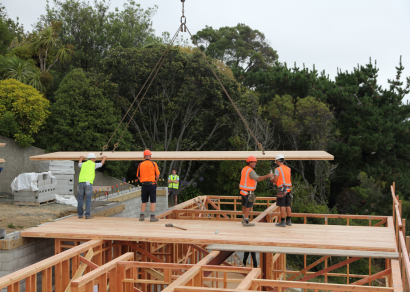

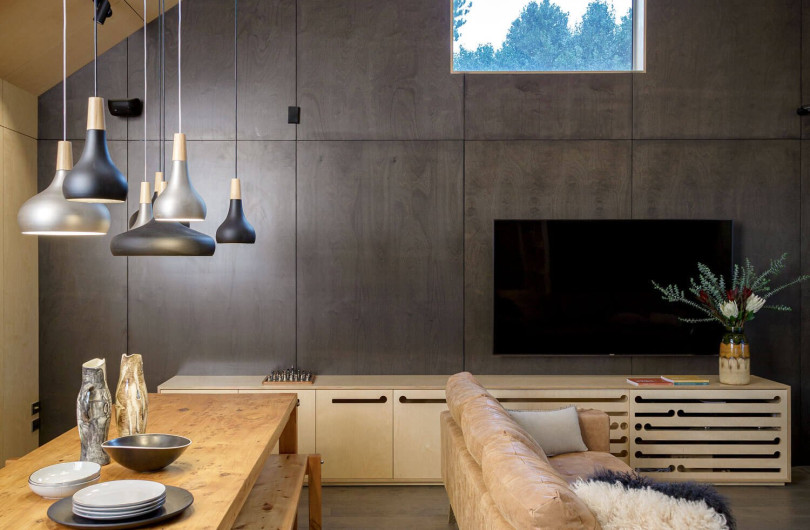
 Case Studies
Case Studies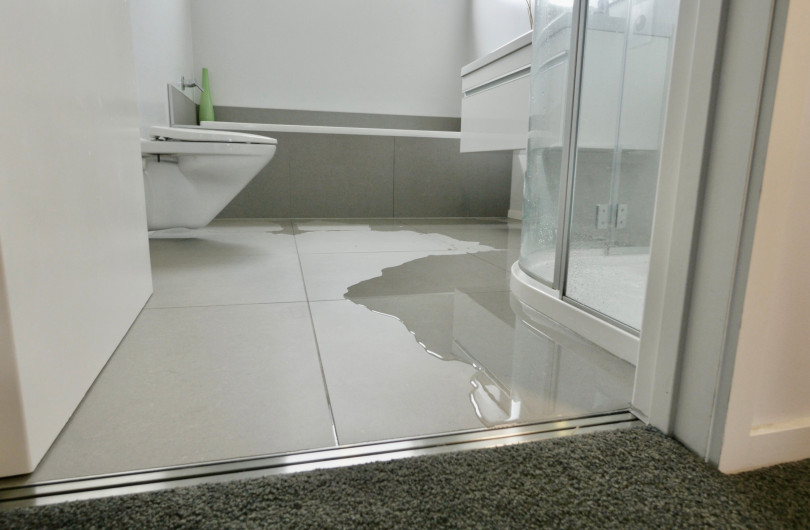
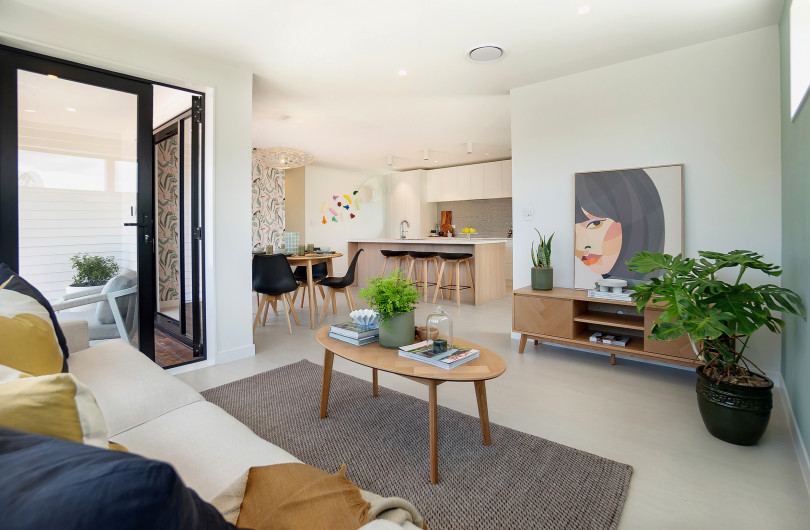


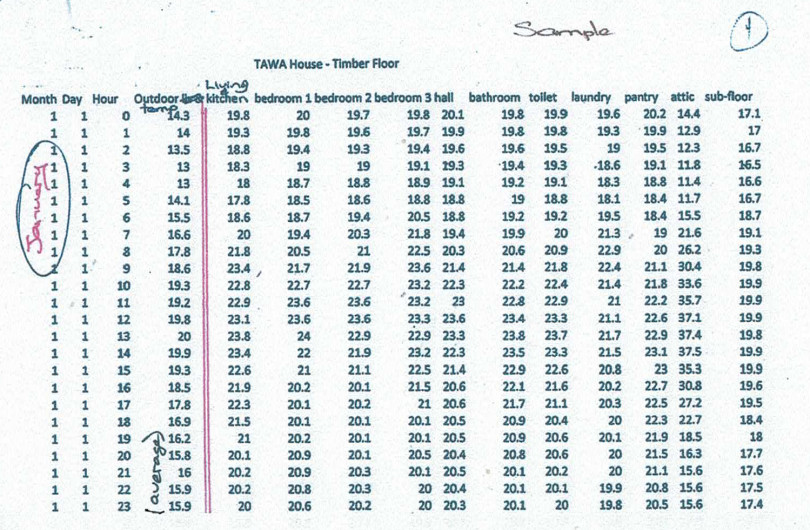




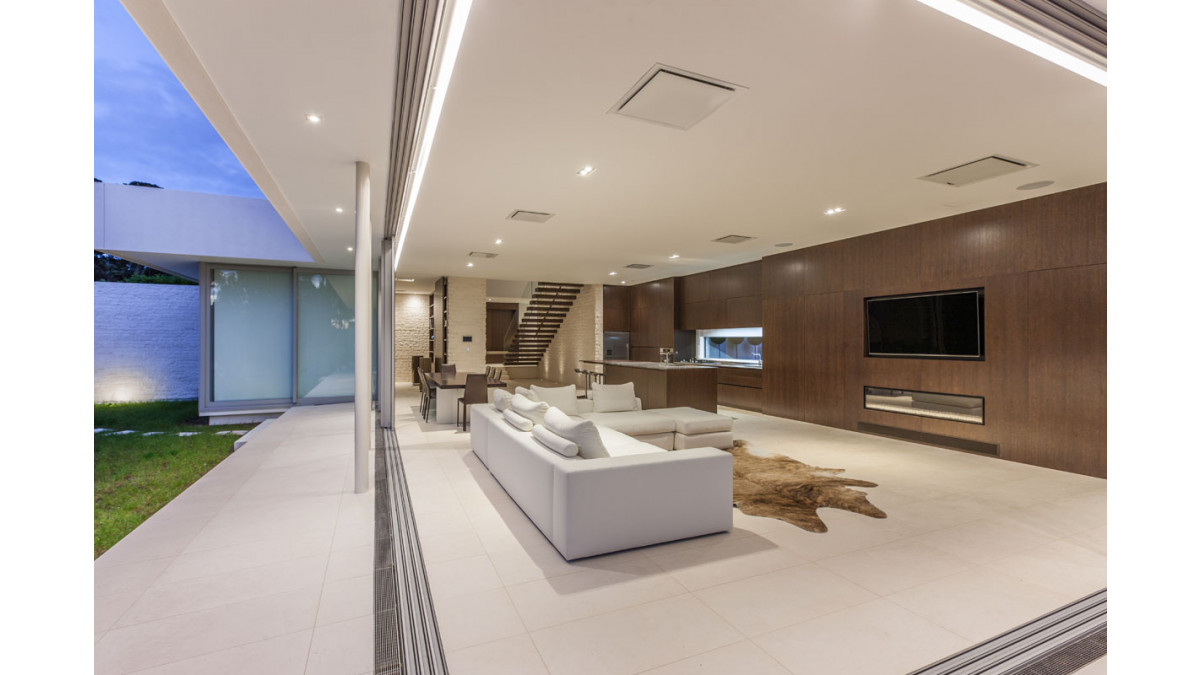
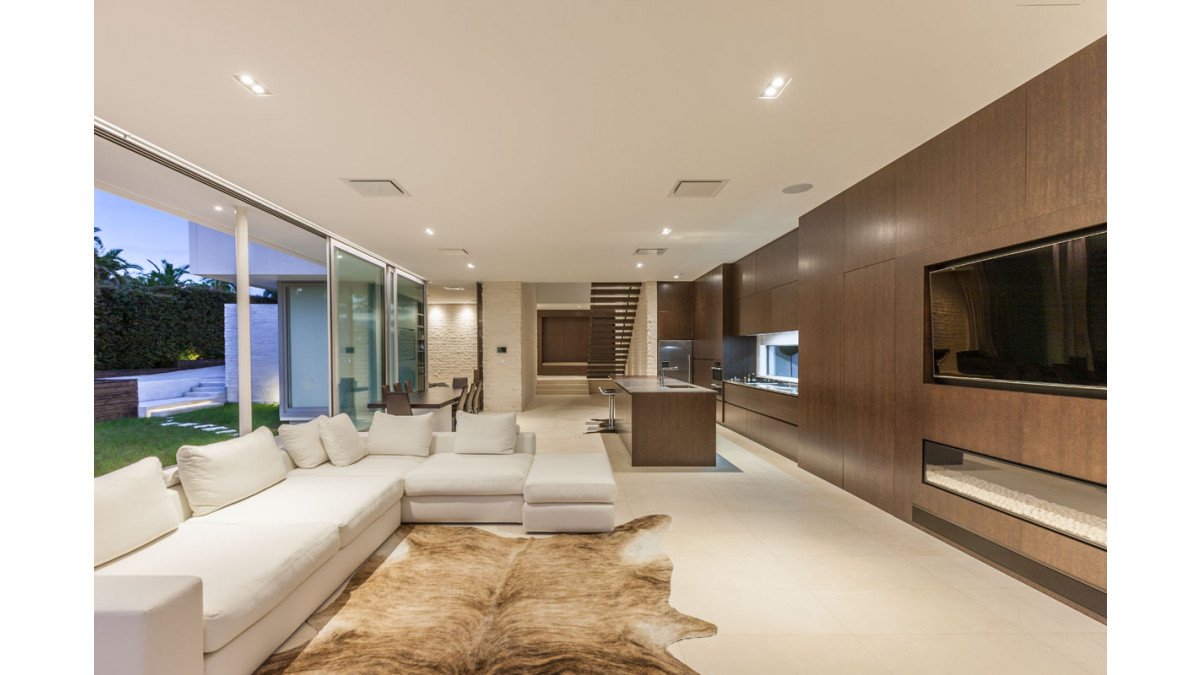
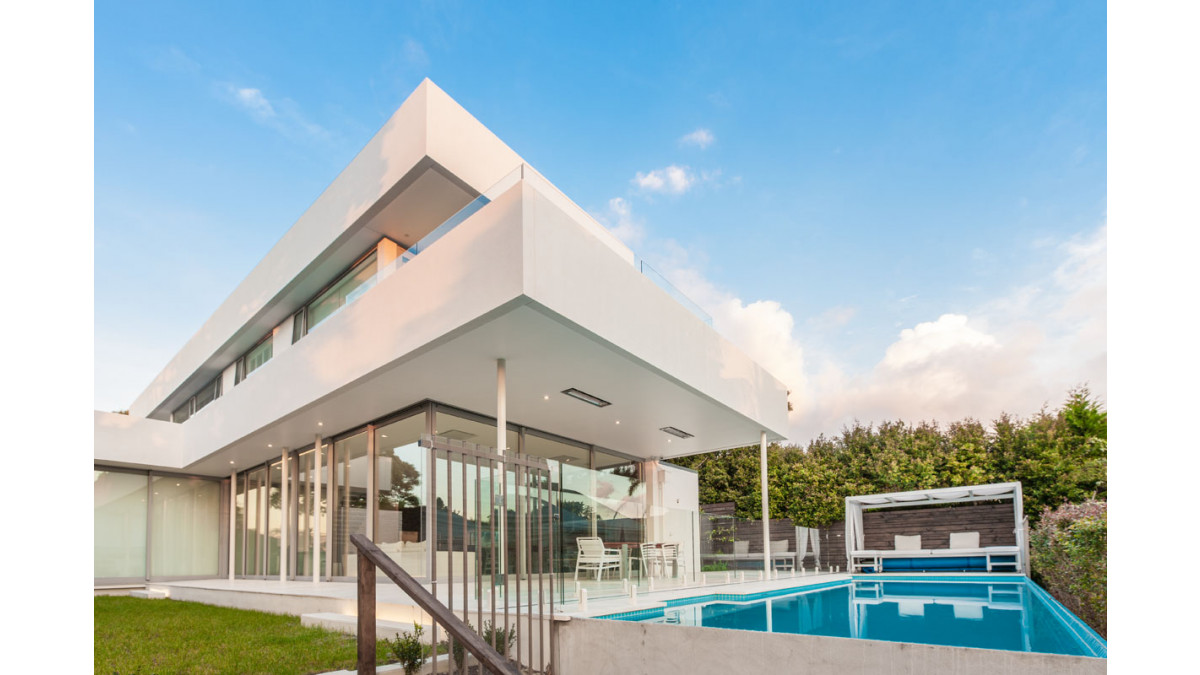
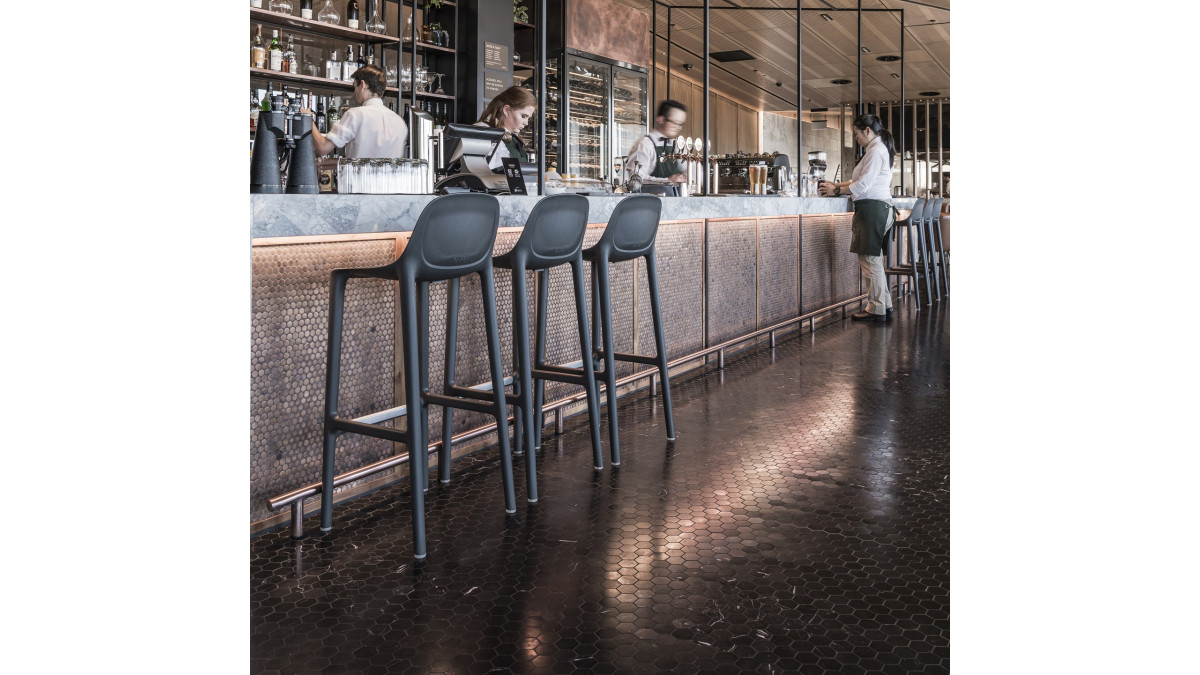
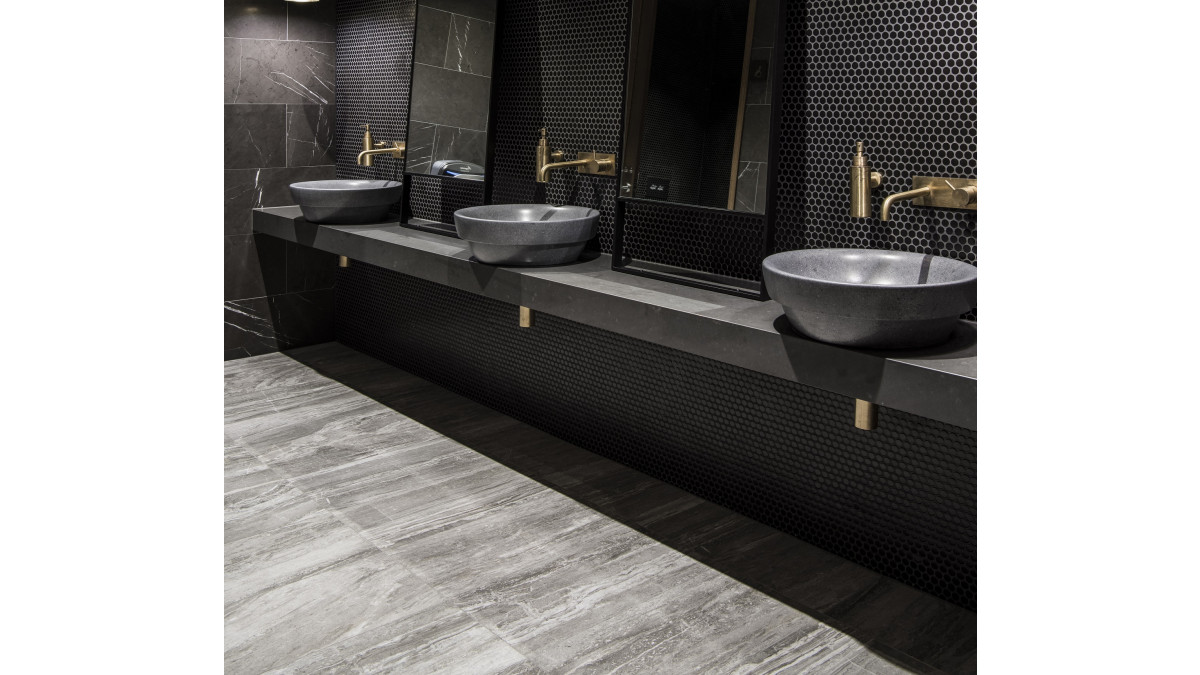
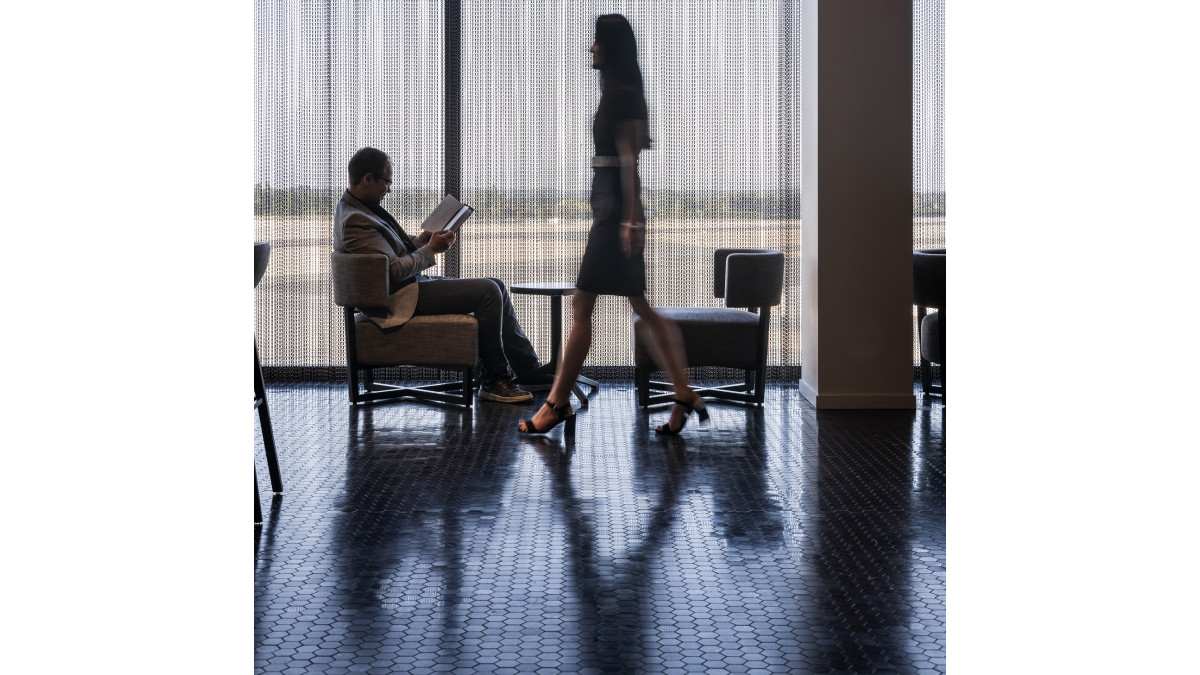
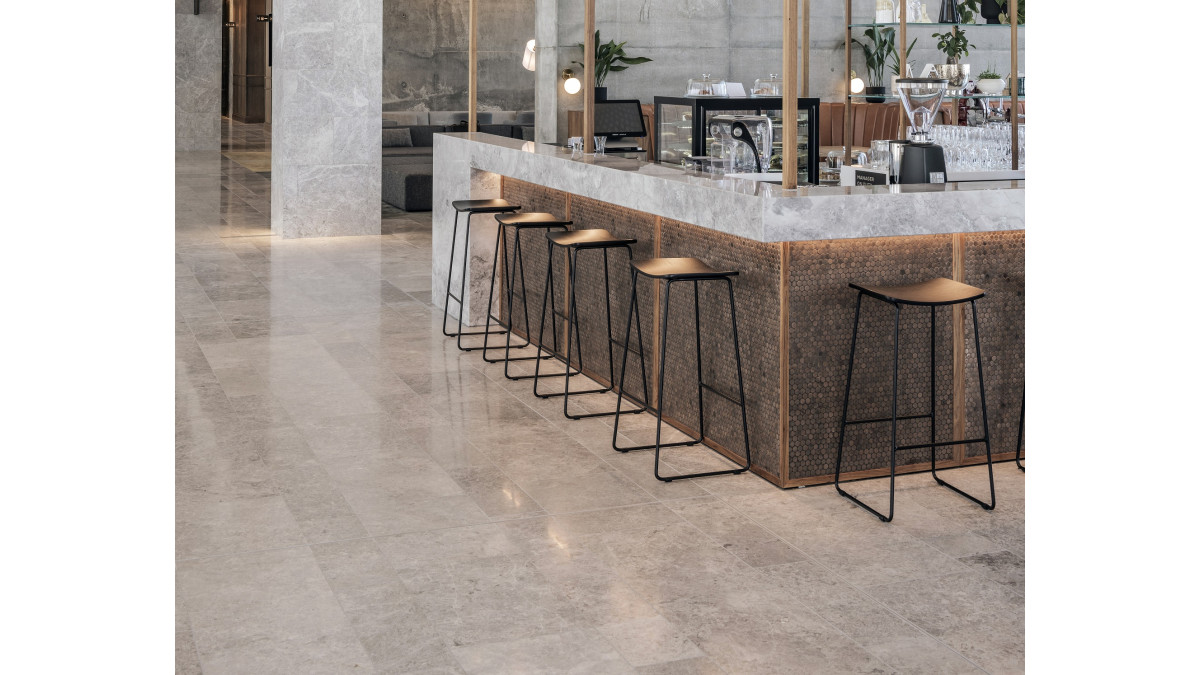



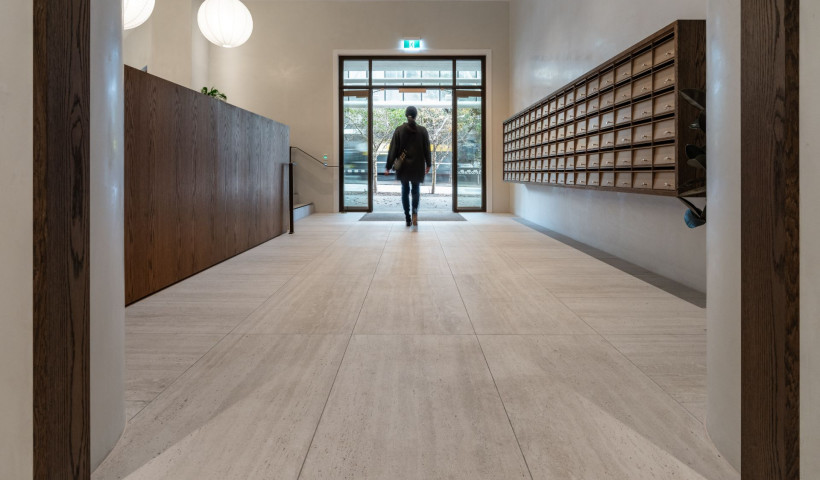
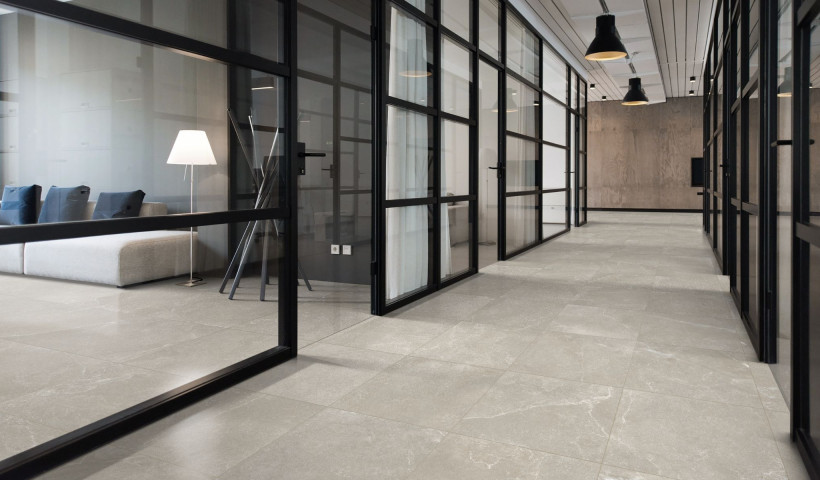
 Popular Products from Tile Warehouse
Popular Products from Tile Warehouse


 Most Popular
Most Popular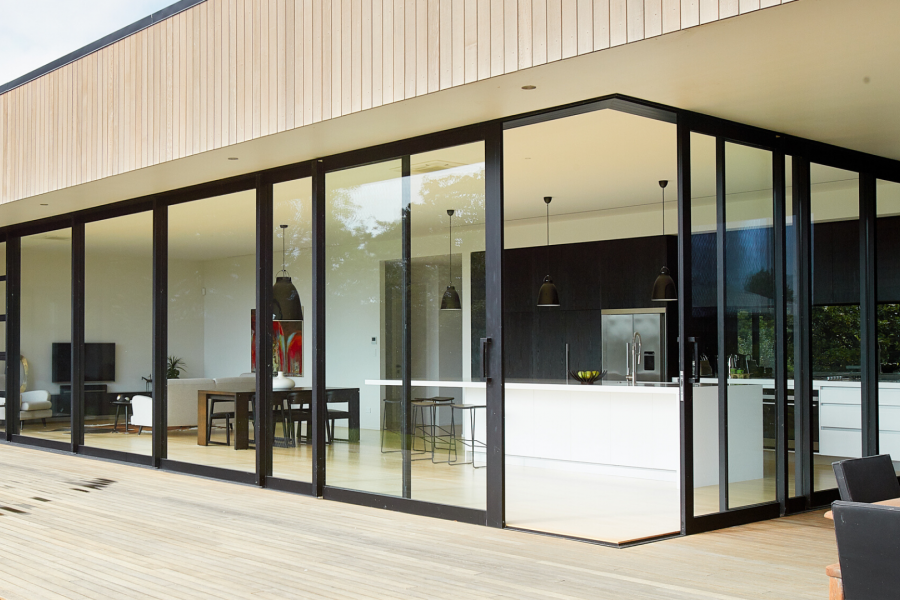
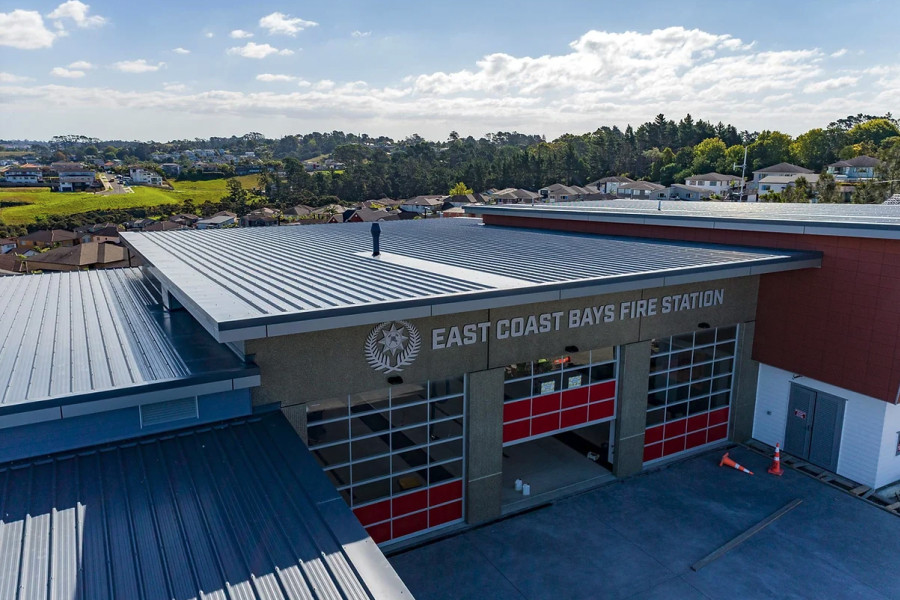
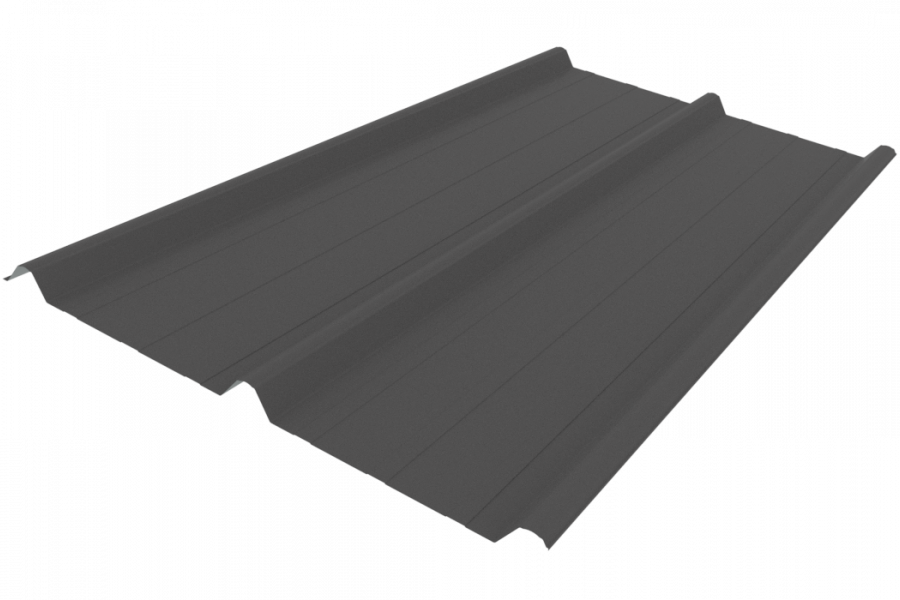
 Popular Blog Posts
Popular Blog Posts